Don’t Get Stung By Beekeeping Laws
The Bees Act and Ontario Regulation 57 under the Bees Act regulate beekeeping in Ontario.
Under the Act, a “beekeeper” is anyone who owns or is in possession of bees or beekeeping equipment, except someone who manufactures or is in the possession of new beekeeping equipment for the purpose of transportation, distribution, or sale.
A Few Beekeeper Compliance Requirements under the Act
The Bees Act and Regulation 57 impose a number of obligations on beekeepers, including:
- Registration, Records, and Returns – every beekeeper must obtain a certificate of registration issued by the Provincial Apiarist and must keep records and make returns in accordance with Regulation 57.
- Pests and Disease – Any beekeeper who finds the presence of disease or pests in bees or beekeeping equipment must immediately report the existence of the pest or disease to the Provincial Apiarist.
- Permit for Sale or Removal of Bees – bees or beekeeping equipment cannot be removed from the beekeeper’s property without a permit from an inspector appointed under the Act.
- Bees from Outside of Ontario – if a beekeeper obtains bees from outside of Ontario, the beekeeper must notify the Provincial Apiarist within ten days of receipt of the bees.
Fines for Offences under the Act
If a beekeeper contravenes a provision of the Bees Act, Regulation 57, or the order of an appointee under the Act, such as the Provincial Apiarist or an inspector, the beekeeper may be liable for a fine up to $2,000 for a first offence or up to $5,000 for any subsequent offence.
Conclusion
Healthy bees are a critical part of nature and our agricultural economy. The Bees Act and Regulation 57 set up a regulatory framework to improve bee health in Ontario, but keeping up with these rules can be difficult. If you have any questions or need advice regarding beekeeping laws in Ontario, please contact us today.

